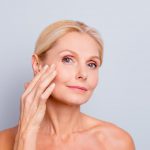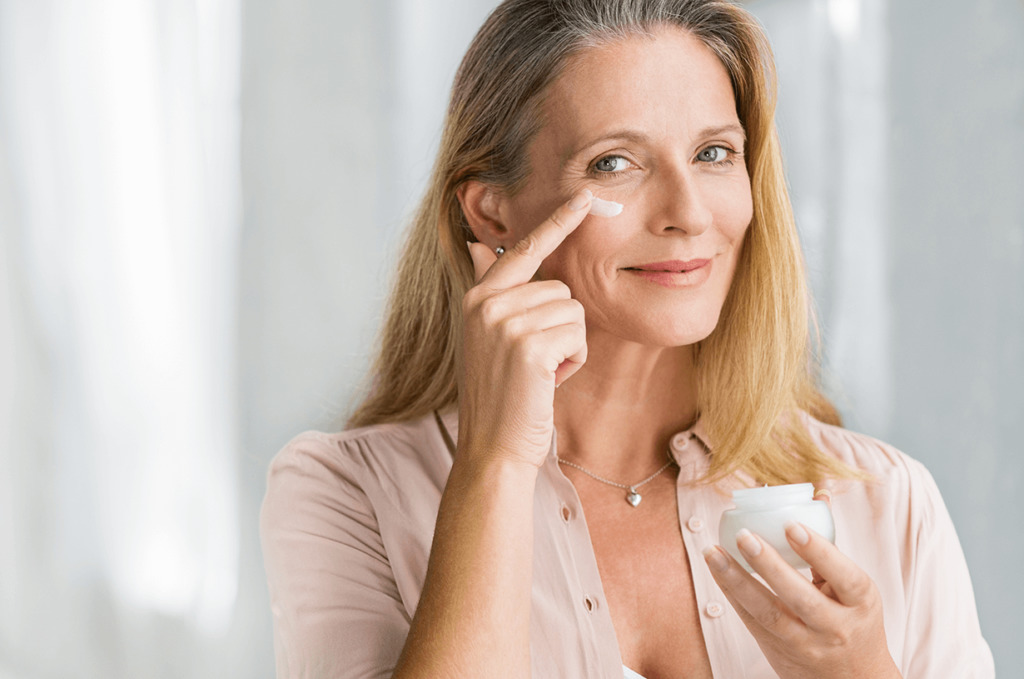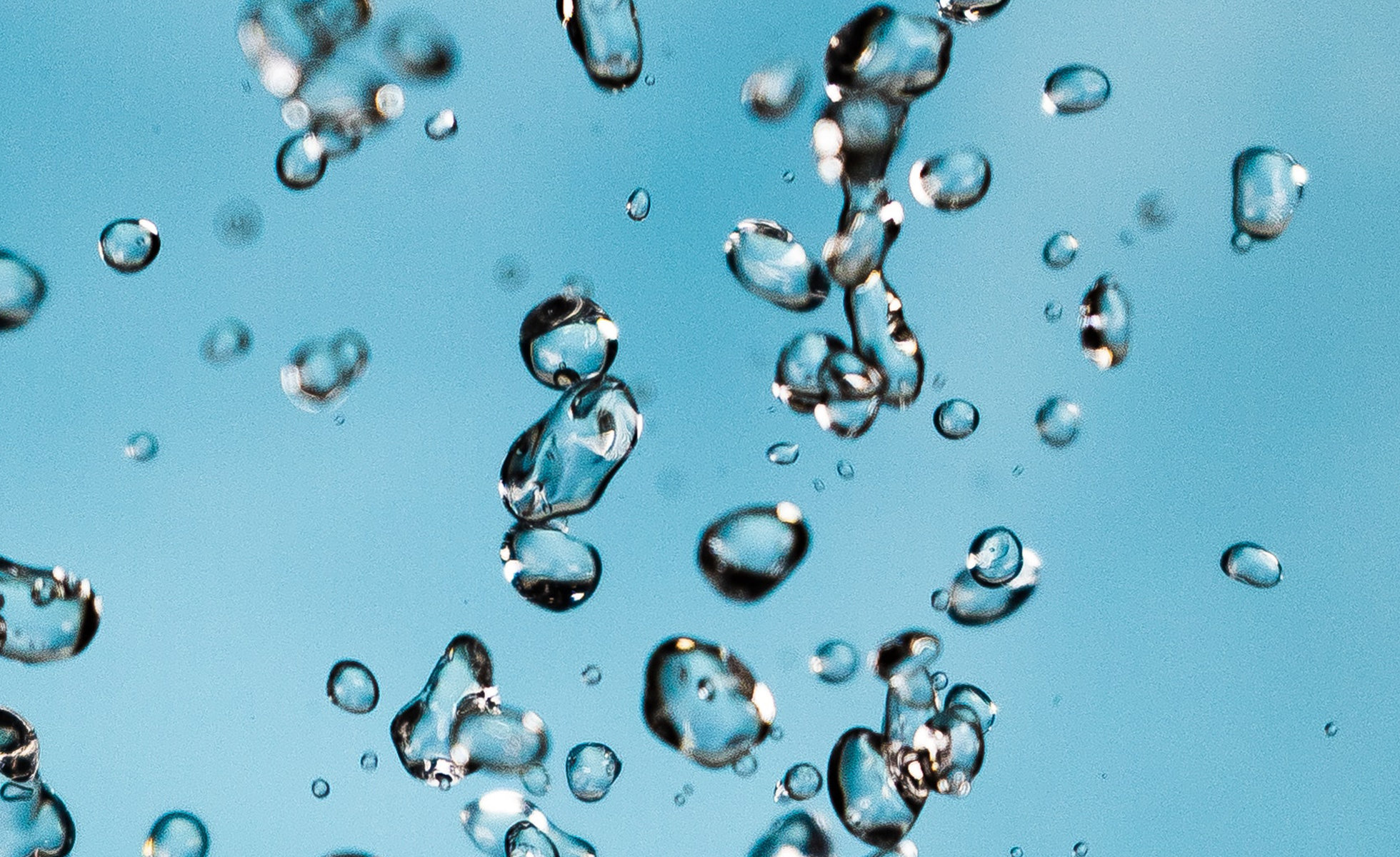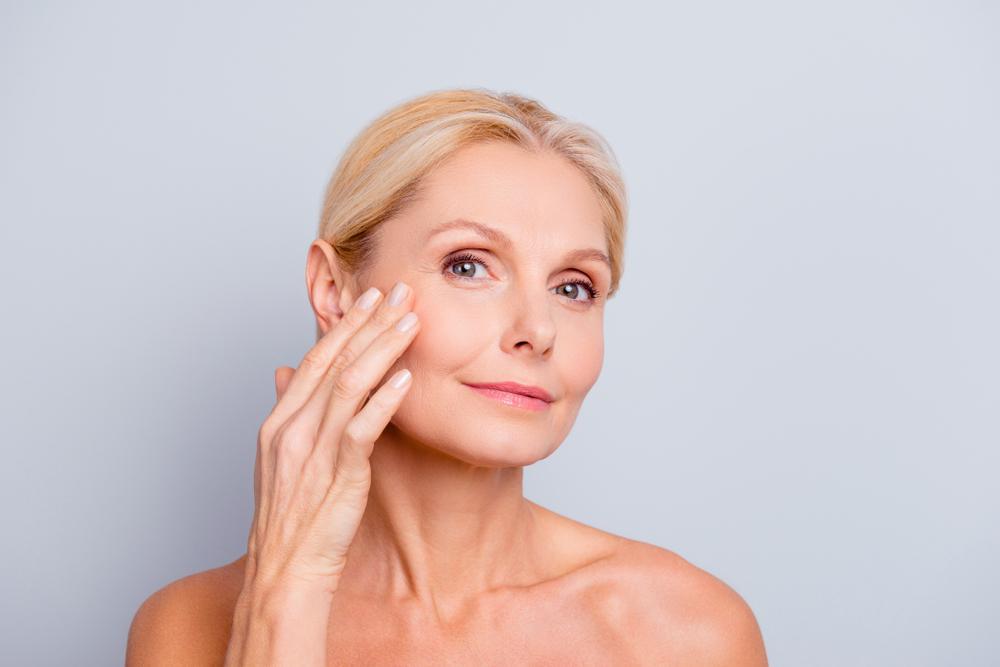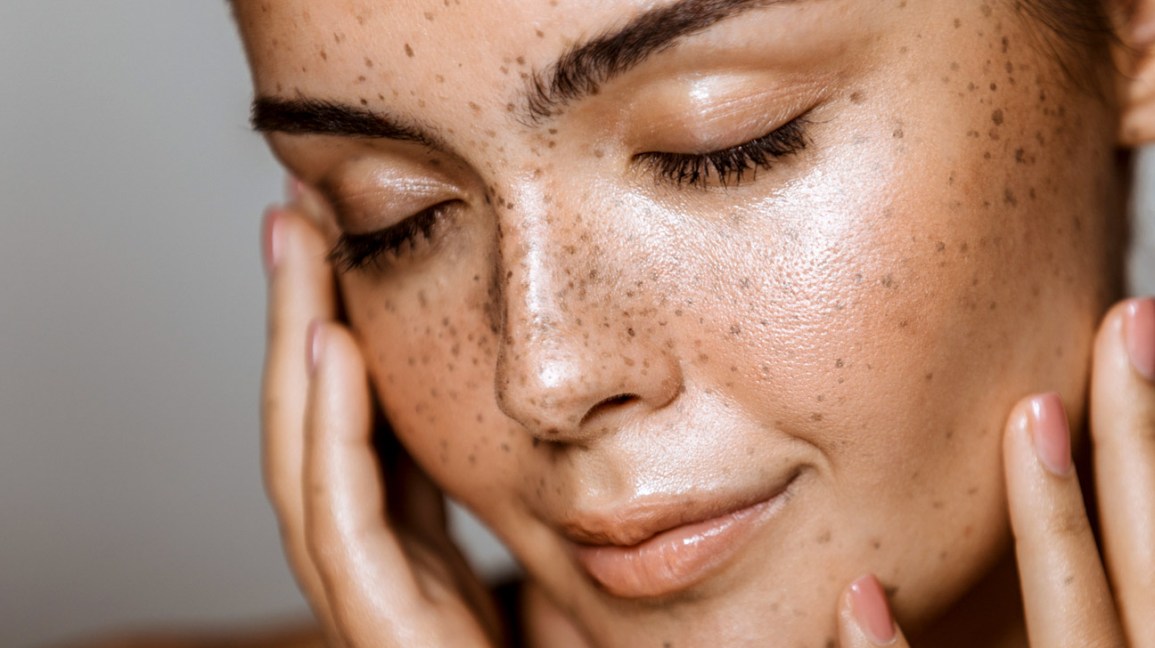
Some love them, others hate them. Freckles are minor hyperpigmentations of the skin which are usually inherited. They can also appear after long-lasting exposure to the sun. What should you know about them? Can you remove them? Check out below what else you don’t know about freckles.
If your skin is sprinkled with freckles or they appear sporadically, read below manual. You will learn all about what you can do about them and how to take care of your freckled skin.
Freckles. What are they?
They can change along with your age and seasons of the year – fade or become more prominent. What even freckles are? Those are minor skin hyperpigmentations of which occurrence is genetically determined. Responsible for them is melanin, a pigment present in the skin and protecting it against UV rays. Freckles are none other than pigmentation dysfunction and excess melanin gathering in the skin. It is most common to occur on the face, cheeks, and nose. However, it is not a set rule because freckles may appear all over your body.
Whare do freckles come from?
There are all sorts of reasons behind freckles appearing on the body. These are very common for people with fair skin complexion. For this reason, freckles are associated with red-haired people because their skin is usually brighter.
If you wonder where do the freckles come from, you need to know that:
- these are mostly inherited and the tendency to freckles is written in your genes,
- these are related to melanin synthesis in the skin, which happens to spread unevenly, e.g. due to the sun exposure,
- these can appear or become more prominent as a result of some diseases, hormonal fluctuations, inflammation, and trauma.
It’s pretty interesting that newborns and small children do not have freckles. These hyperpigmentations appear no sooner than after the child is 3 years old. This phenomenon occurs because the youngest organisms are incapable of producing greater amounts of melanin. In some cases, freckles disappear on their own and for some freckles remain.
Are freckles dangerous?
There are people who treat freckles as the most beautiful decoration of their skin. For others, dotted with spots cheeks don’t look good and they treat it as a beauty flaw that needs to be covered up. However, you should keep in mind that freckles aren’t dangerous to your health – they can sometimes be a signal from your organism that something bad is going on, e.g. hormonal fluctuations or that you spend too much time in the sun.
Removal and brightening freckles
If you are in a group of people who dislike their freckles and you are far from defeating them, you can try some methods to brighten them. It is not always possible to remove freckles altogether because it depends on their location and intensity. However, even brightening them may bring comfort and self-esteem boost to some people.
Here are the most popular methods to brighten freckles which you can use in your at-home beauty routine, but not only.
- Vitamin C serum – ascorbic acid has confirmed brightening action and is successfully used in healing hyperpigmentations. If you use a serum with vitamin C on your freckles, it is highly probable that these will be brightened and your skin will gain a radiant look.
- Brightening creams and ointments – some drugstores and pharmacies have available creams and ointments for freckles which are based on brightening properties of ingredients such as ascorbic acid, onion extract, or Kalanchoe extract.
- Laser or light – laser freckles removal or healing hyperpigmentations with light is a good but more expensive method. Such treatment is made in a professional beauty salon. The laser is able to effectively remove hyperpigmentations such as freckles while light, e.g. LED can visibly make them brighter.
Be proactive. How to prevent freckles?
The great course of action when it comes to skin prone to freckles is to be proactive. Instead of healing and brightening hyperpigmentations that are already there, it is easier to prevent them. How can you do it?
- Limit sun exposure in the summer between hours 12-15.
- Shelter your face with a wide-brimmed hat.
- Try to choose spots that are placed in the shadow and avoid tanning.
- Always wear sun cream with SPF 30 or higher.
- Cover your body with natural and breathing fabrics.
- Check your hormones regularly.
- Use cosmetics with antioxidants.
